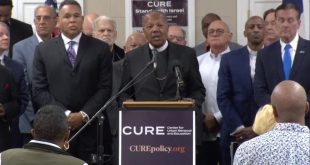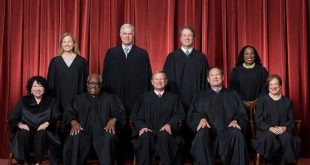The legislature and the governor of New Hampshire just made sure that the state won’t close churches during emergencies like the COVID-19 pandemic, unless it does so on the same or better terms as businesses and services.
Governor Chris Sununu signed the measure to protect religious liberty. From the bill:
Nothing in this section shall prohibit the state government from requiring religious organizations to comply with neutral health, safety, or occupancy requirements issued by the state or federal government that are applicable to all organizations and businesses that provide essential services. Provided, however, that the state government shall not enforce any health, safety, or occupancy requirement that imposes a substantial burden on a religious service unless the state government demonstrates that applying the burden to the religious service in this particular instance is essential to further a compelling governmental interest and is the least restrictive means of furthering that compelling governmental interest.
Churches have sued the government to protect their right to remain open and remove capacity limits. Some courts have sided with churches. The nation’s highest court, for example, ruled that New York Governor Andrew Cuomo’s COVID-19 restrictions against houses of worship were harsher than on secular establishments. The court also remanded cases and asked lower courts reconsider rulings against churches in light of the its New York ruling.
Alliance Defending Freedom attorney Greg Chafuen said while “public officials have the authority and responsibility to protect public health and safety, the First Amendment prohibits the government from treating houses of worship and religious organizations worse than shopping centers, restaurants, or gyms. This bill makes it clear that officials cannot use a public crisis to discriminate against religious operations without violating the Constitution. We commend Gov. Sununu and the New Hampshire Legislature for taking this important step in defending religious freedom in New Hampshire.”
 CURE News and Clergy Blog News and Commentary for Christians
CURE News and Clergy Blog News and Commentary for Christians



